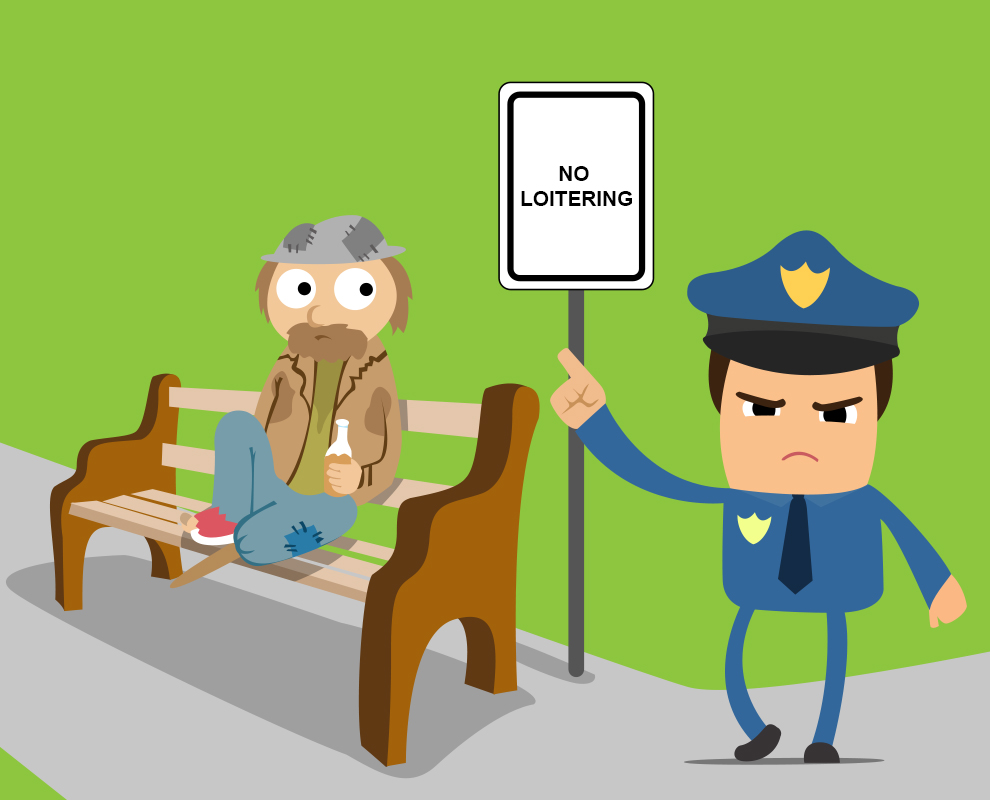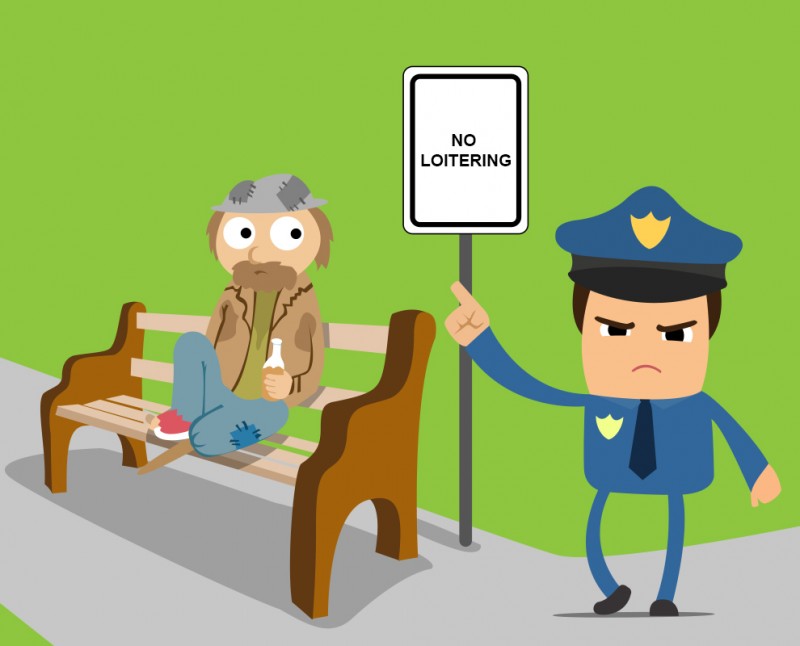Classism as discrimination

Societal division threatens equality

I am livid.
I am livid because acts of injustice have been allowed to persist for generations. I am insulted because of how unequally I have seen my fellow brothers and sisters treated.
I am pensive because I wonder how we as a society could embrace inequality and call it our own.
I know you cannot see it, perhaps you cannot smell or even touch it, but somehow, you know it’s there.
Or you pretend not to.
This rationale can be used to validate the existence of a seldom mentioned phenomenon, which has continued to silently but effectively wound our world.
I speak none other than of classism.
Classism is fundamentally another form of prejudice.
One in which your friend, your parents and your sisters are discriminated against, held down or shunned solely because of the way they dress, the amount of money they make or even the kind of school they attend.
This strong social divide births the clashing of the upper and lower class while the middle class is arguably excluded. This is an old system that’s far from being changed.
The people at the top oppress the ones at the opposing end because they believe the socioeconomic class of an individual comprehensively defines their character, personality, competence and if I must say, their future.
Classism is so alive that it is even being institutionalized.
Tampa, Florida recently started arresting homeless people because they are sleeping on the streets. Homelessness is not a choice, just as sleeping is not a crime, but because they are in the lower class and have limited power, it is deemed acceptable to discriminate.
Picture yourself as a parent. A school says to you when you try to enrol your child, “I’m surprised that people from your community can afford to go here.”
How would you feel to even construe such an offensive comment?
These things happen so often in our world, but we fail to notice because it can be so discrete we have convinced ourselves it does not exist. There have been strong arguments around the existence of classism in the Canadian context.
Some social commentators have blatantly denied it lives, while others are unsure. Allow me to shine some light on the reason for the lack of certainty.
In Canada, the middle class is incredibly large, so large that some have been tempted to dub the society a classless one.
The size of this one class has made it so hard to see the other ends of the spectrum and therefore the class differences are masked.
In developing nations in which the division among the three classes are so distinct and the size of the middle class is comparatively small, this form of discrimination is beyond rampant.
Classism is equivalent in magnitude to racism, sexism and homophobia.
This form of discrimination is also a major player in the strengthening of inequality.
How often do we accept classist myths about other people? “He’s black so he’s probably a drug dealer. She cannot afford those shoes if she is from that community.
Look at the house he lives in; he definitely won’t go far in life …”
Myths fuel wider attitudes which then fuels decisions, laws and policies made which significantly affect the lives, both socially and economically, of people.
In surmising, oppression and discrimination are not dead, they have just changed forms, just like water when sufficient heat is applied.
But eventually, the pot will boil over.


